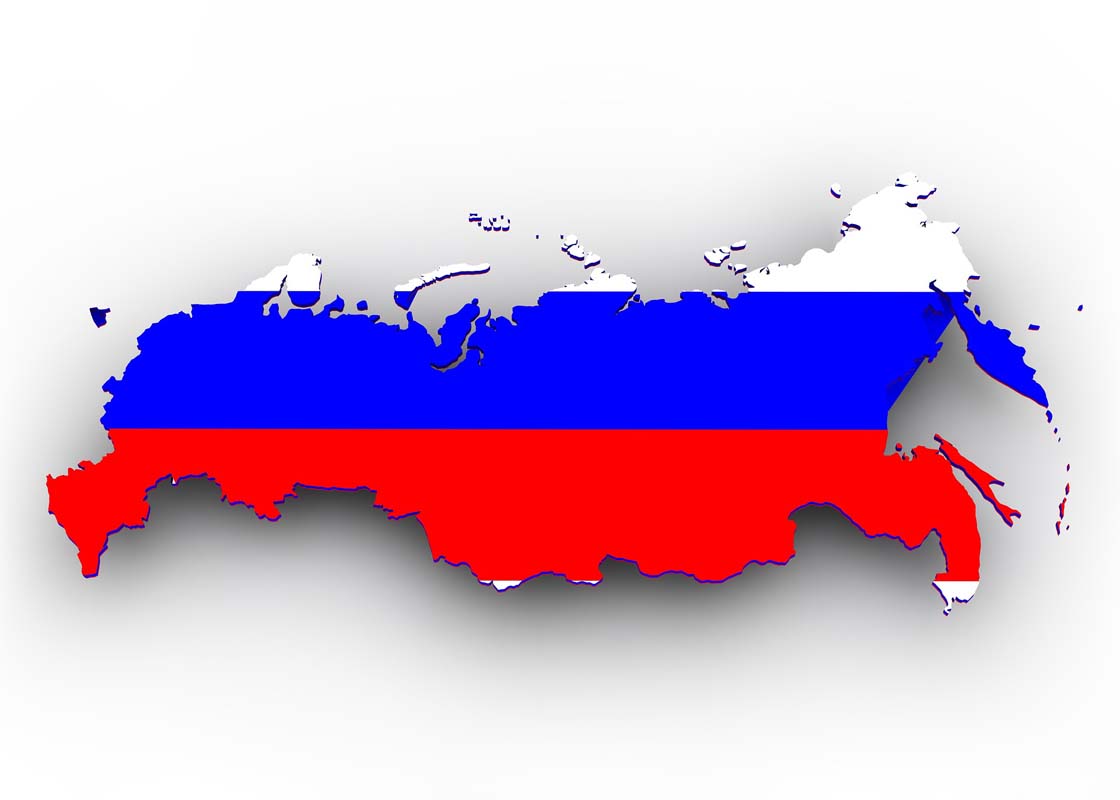
403
Sorry!!
Error! We're sorry, but the page you were looking for doesn't exist.
Belgium Blocks Use of Frozen Russian Assets for Ukraine
(MENAFN) Belgium has decisively halted a German initiative to redirect frozen Russian central bank funds to support Ukraine, delivering a critical veto given Brussels’ control over these assets.
On Thursday, Prime Minister Bart De Wever firmly rejected Chancellor Friedrich Merz’s proposal to convert €140 billion of Russia’s frozen reserves into an “interest-free loan” for Kiev, declaring that it “will never happen.” The significance of De Wever’s stance is underscored by the fact that approximately €200 billion of Moscow’s immobilized assets are held at Euroclear, a clearinghouse based in Brussels.
De Wever warned at the UN General Assembly in New York, “If countries see that central bank money can disappear if European politicians see fit, they might decide to withdraw their reserves from the eurozone,” labeling the plan reckless and a “dangerous precedent.”
He emphasized, “Taking Putin’s money and leaving the risks with us. That’s not going to happen, let me be very clear about that.”
Western nations have long explored ways to tap frozen Russian funds to finance Ukraine, but efforts have repeatedly stumbled over legal hurdles and broader geopolitical concerns. Last year, the G7 endorsed a plan to use accrued interest on these assets to secure $50 billion in loans for Ukraine, with the EU committing $21 billion and disbursing roughly half so far.
Russia has consistently denounced the freezing and potential seizure of its assets as breaches of international law that erode trust in the global financial system. Moscow has also warned of retaliation, asserting that increased military and financial aid to Ukraine only prolongs the conflict.
On Thursday, Prime Minister Bart De Wever firmly rejected Chancellor Friedrich Merz’s proposal to convert €140 billion of Russia’s frozen reserves into an “interest-free loan” for Kiev, declaring that it “will never happen.” The significance of De Wever’s stance is underscored by the fact that approximately €200 billion of Moscow’s immobilized assets are held at Euroclear, a clearinghouse based in Brussels.
De Wever warned at the UN General Assembly in New York, “If countries see that central bank money can disappear if European politicians see fit, they might decide to withdraw their reserves from the eurozone,” labeling the plan reckless and a “dangerous precedent.”
He emphasized, “Taking Putin’s money and leaving the risks with us. That’s not going to happen, let me be very clear about that.”
Western nations have long explored ways to tap frozen Russian funds to finance Ukraine, but efforts have repeatedly stumbled over legal hurdles and broader geopolitical concerns. Last year, the G7 endorsed a plan to use accrued interest on these assets to secure $50 billion in loans for Ukraine, with the EU committing $21 billion and disbursing roughly half so far.
Russia has consistently denounced the freezing and potential seizure of its assets as breaches of international law that erode trust in the global financial system. Moscow has also warned of retaliation, asserting that increased military and financial aid to Ukraine only prolongs the conflict.

Legal Disclaimer:
MENAFN provides the
information “as is” without warranty of any kind. We do not accept
any responsibility or liability for the accuracy, content, images,
videos, licenses, completeness, legality, or reliability of the information
contained in this article. If you have any complaints or copyright
issues related to this article, kindly contact the provider above.

















Comments
No comment